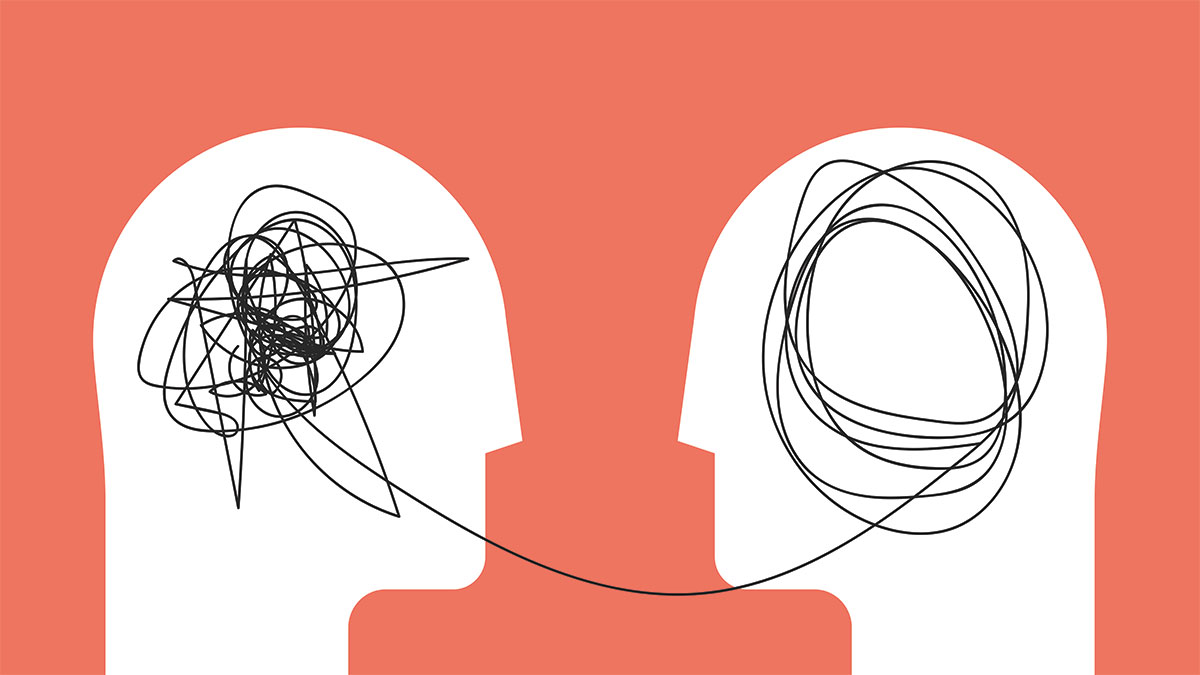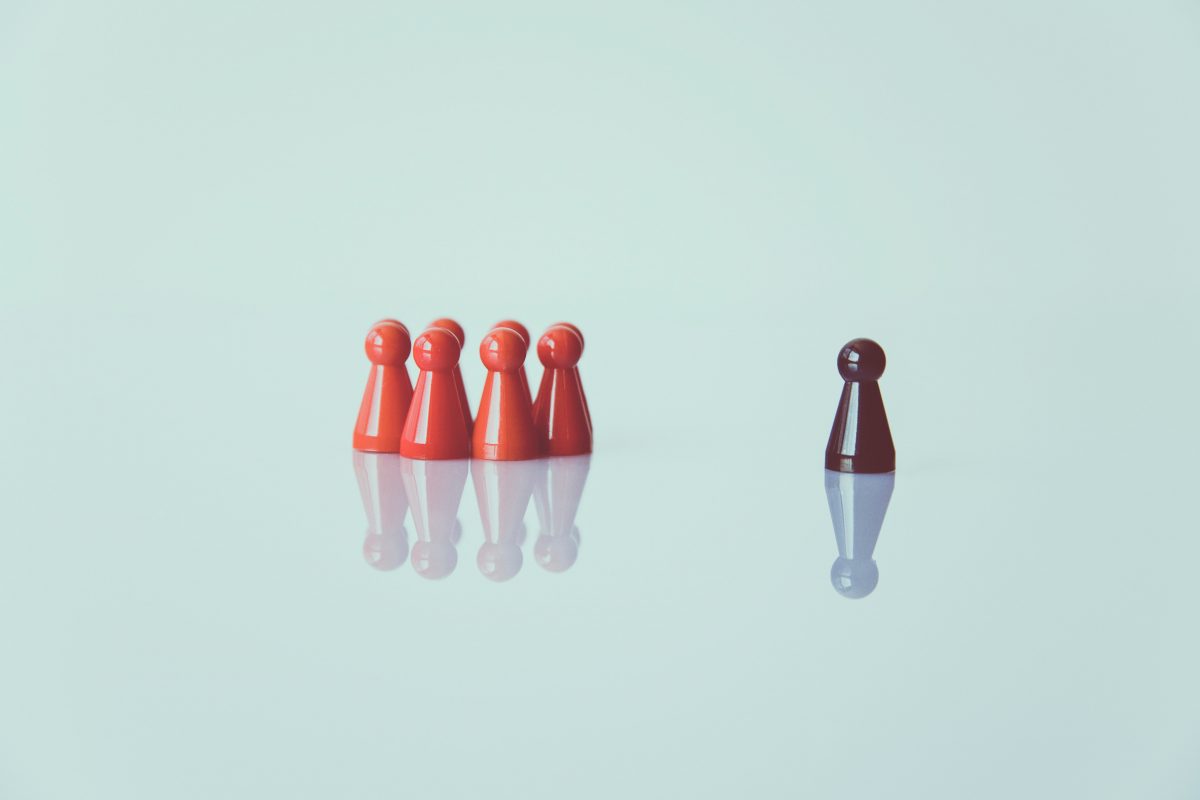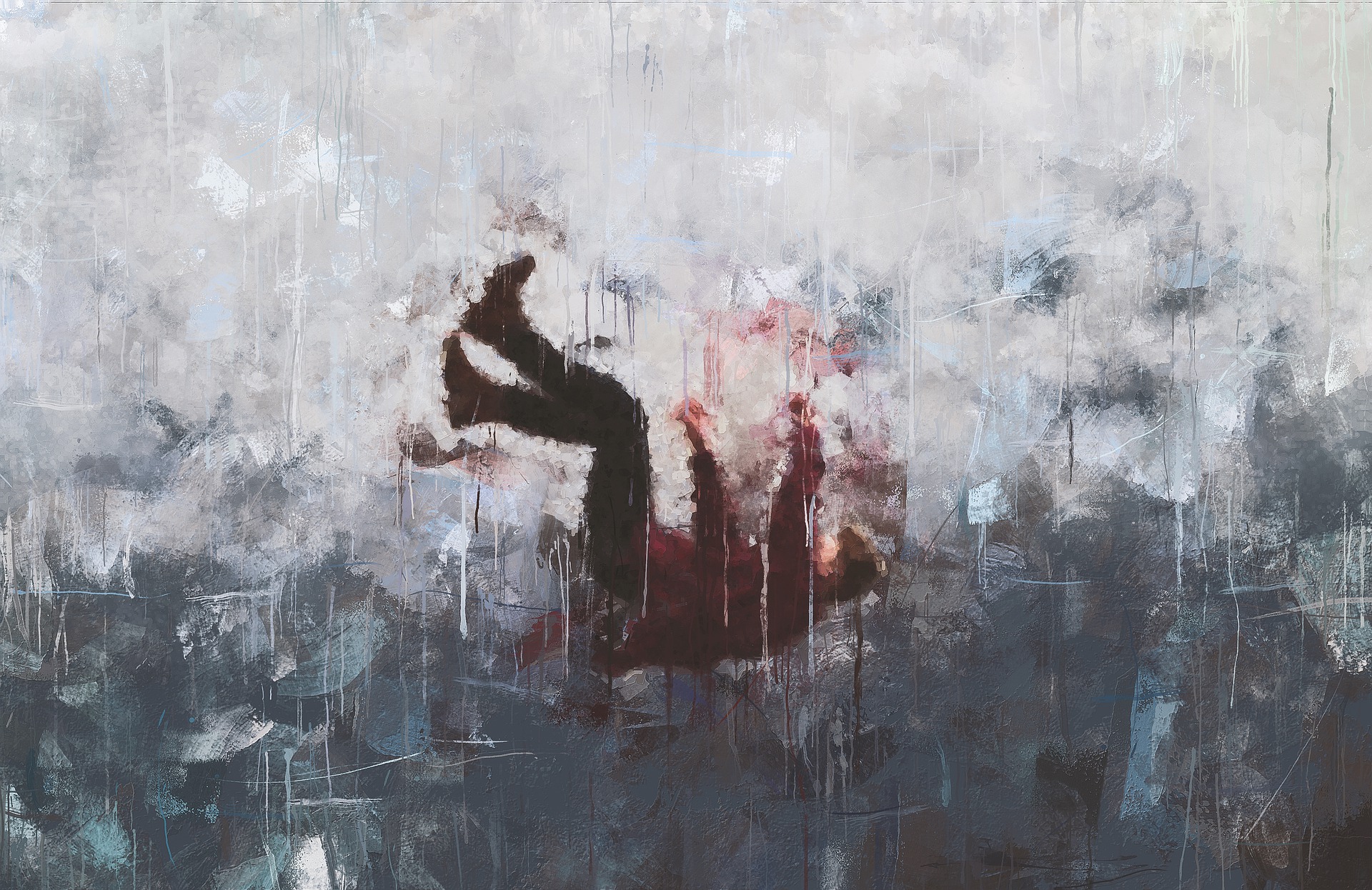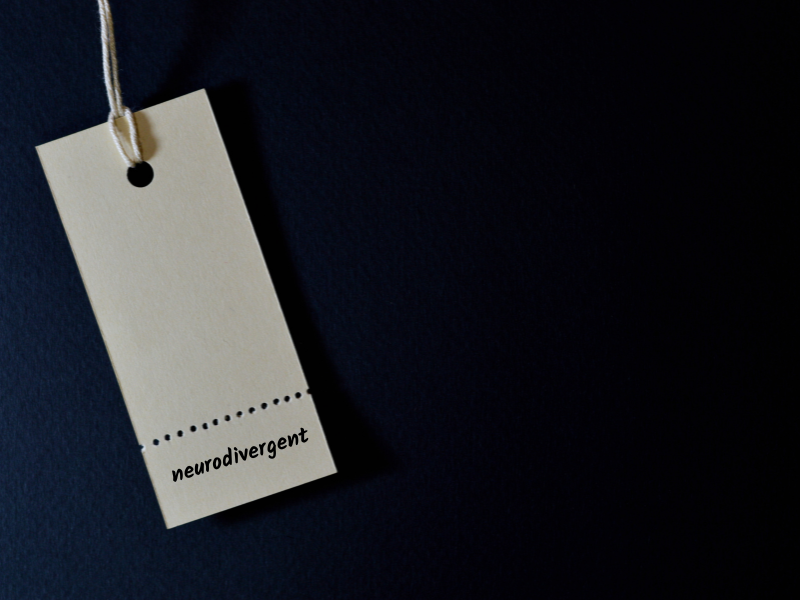
By Yamila García
Being neurodivergent comes with many labels. Among them, and perhaps one of the most harmful for ASD (and what was formerly known as Asperger’s Syndrome), is the supposed “lack of empathy” label. They say that we cannot understand the feelings of others, put ourselves in their shoes, or perceive other people’s emotions if they do not explicitly tell us how they feel. While there may be those who lack empathy on the spectrum, this characteristic is not tied to it specifically. Studies in this regard have been evolving and what was previously considered a characteristic of people with autism, today is understood as a characteristic of the person regardless of their condition as neurodivergent. I’ve been misunderstood, prejudged, underestimated, and rejected just for being different. I know how it feels and I don’t want that for anyone. Going through all this made me aware of other people’s struggles.
Every time I arrive at a place, in the typical scan that I do, it is very easy for me to identify who feels uncomfortable or disconnected from the environment. And I don’t think it’s about any special ability, just that since I was in that position so many times, I am aware that there are always those who feel uncomfortable, although we tend to think that we are the only ones. When I identify them, I always reach out and talk to them because the only time my social anxiety leaves me is when I feel I can be of help to others. I have met many people who experience the same thing and who, from their differences, can identify the struggles and difficulties of others without saying a word. Many have approached me when they saw me “out of place” or as if “I didn’t fit in.” I have approached many, too. Contrary to what many may think, we have feelings and we consider those of others. It may be that sometimes it is difficult for some of us to express our feelings in a certain way, or how much we can relate to the difficulties of others, but we do relate to others’ feelings and struggles. We care.




